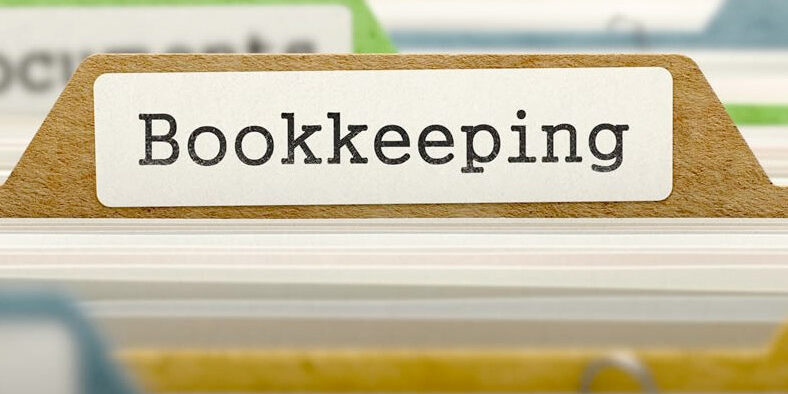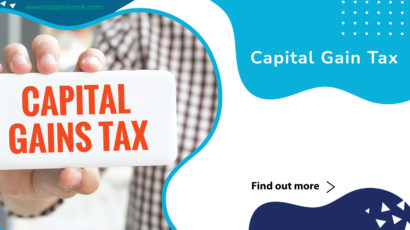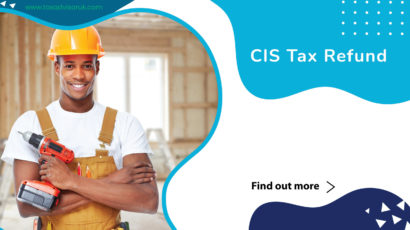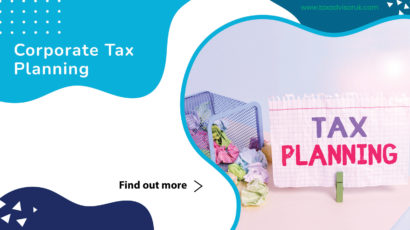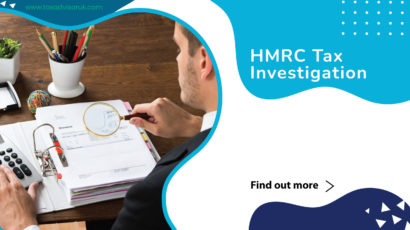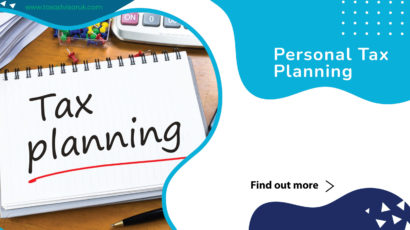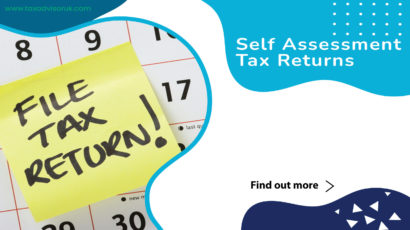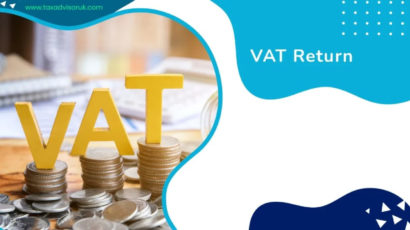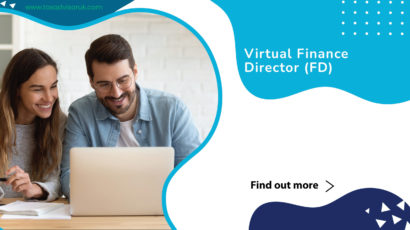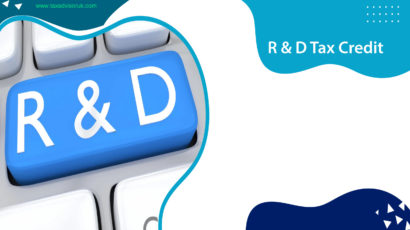Bookkeeping is one of the most important administrative tasks for any self-employed person. Maintaining accurate records of your income and business costs is critical because it allows you to better understand your finances and track your progress toward any goals or cash requirements you may have.
Bookkeeping also assists you in providing your accountant with the data needed to complete and submit your annual self-assessment tax return.
It’s critical to keep track of all your invoices and receipts when it comes to your annual income and expenses as a lone entrepreneur. This allows your accountant to reconcile your financial records and complete your self-assessment to determine any tax responsibilities or refunds more quickly. It also aids you in dealing with any issues HMRC may have regarding your tax matters.
What records do I need to keep as a self-employed person?
Unlike the strict bookkeeping and reporting rules that apply to limited corporations, the requirements for self-employed people are more lenient. However, this does not negate the importance of keeping track of one’s resources. Do you find yourself wondering, “What records do I really need to keep?”
We have set out a brief summary below as a guide:
- Various sources of income
Keep track of all sources of money generated through your business or self-employed activity, as well as any additional personal income (e.g. letting income from a buy-to-let property).
- Expenses for any type of business
Keep track of all company and self-employed expenses and receipts, as they may be deducted from your income when calculating profits on your yearly self-assessment tax return. Although you are not required to include these receipts in your tax return, having digital expense records to substantiate all transactions is helpful if your accountants, HMRC, or others require additional evidence about your finances.
- Records of VAT (for those VAT-registered)
VAT-registered enterprises must also keep track of all VAT invoices sent to clients and all costs for which VAT was applied. This will make it easier to complete VAT returns and submit them.
- Records from the bank
You should keep track of any bank transactions related to your business or self-employed activity. You should have a separate bank account for these so that they can be detected more readily. Your accountant can assist you by providing online bookkeeping software that connects to most bank accounts, making record keeping easier.
- Any records of Self-Employment Income Support Scheme grants (SEISS)
It’s vital to remember that all HMRC funds received during the SEISS’s lifetime must be recorded and reported as taxable income on your self-assessment.
How long do you need to keep tax records for a business?
Businesses should keep their tax records for at least five years after the 31st January submission date of the tax year in question, according to the UK government. For example, you must keep these data until 31st January 2027 for the 2020/21 self-assessment tax return, which has a final submission deadline of 31st January 2022. If you lose them, make notes now so that you can supply estimated or provisional figures if necessary in the future. Please keep in mind that limited companies have extra record-keeping needs that are not discussed here.
Do sole traders need to produce accounts?
Self-employed sole traders are not required by law to publish official accounts. Formal accounting, on the other hand, has a number of advantages, including helping owners better understand how their business is operating and supporting banking relationships and loan/finance requests.
What is the best accounting software for sole traders?
We would highly recommend the following tax accounting software packages as a starting point if you are looking for sole trader accounting software that may increase your bookkeeping accuracy and efficiency while also ensuring you are ready for Making Tax Digital:
Xero
The Xero software is an award-winning solution that works nicely with our own accountants’ personal, expert service. Xero can automate a lot of your traditional accounting tasks, such as sending invoice reminders and integrating bank transactions to keep your records up to date. For smooth bookkeeping, it’s also simple to link with other Xero products like Xero Payroll.
QuickBooks
The QuickBooks platform is designed to make updating and processing your company’s data as simple as possible. Access your QuickBooks software from any device, 24 hours a day, 7 days a week, with real-time data and reconciliation from all your active company bank accounts. To improve your brand image and reputation, you can send bespoke invoices and quotes by mobile.
Can I do my own bookkeeping?
It is possible to handle your own bookkeeping if you wish to keep your costs low and avoid paying accounting fees. However, there are hazards because you will need to document your income and expenses with 100 percent accuracy. Making mistakes with your own bookkeeping can have devastating implications, especially if it leads to an unexpected HMRC investigation.
Professional bookkeeping may save you time by relieving you of the burden of keeping your own records, enabling you to focus on growing your business and striking the perfect work/life balance. It will also assist you in better understanding your company’s finances, keeping track of cash balances, planning for future tax liabilities, and identifying trends to aid in making crucial business decisions.
How TaxAssist Accountants can help with your bookkeeping
We can handle your bookkeeping for you, freeing up time and money so you can focus on what you do best: running and growing your business. Our prices are reasonable, and we can offer software solutions to make your life easier.
We can minimise the danger of human mistake by submitting accurate self-assessment tax returns and enhancing your business’ overall tax efficiency as a tried and trusted accountant for sole traders and businesses around the country.
We provide a number of online bookkeeping services that can assist with day-to-day record keeping and make sending receipts, invoices, and costs more efficient. These user-friendly systems also allow you to make more informed business decisions.
How TaxAdvisor UK can help
At TaxAdvisor UK , our experts will provide you 30 minutes free consultation and help you in managing all your tax and accounting work. Speak to our expert accountants, tax advisor on (0203) 5381276 or fill an online form today. We can have a consultation session over the phone, virtual or face to face meeting and will provide you no obligation fixed quote.

